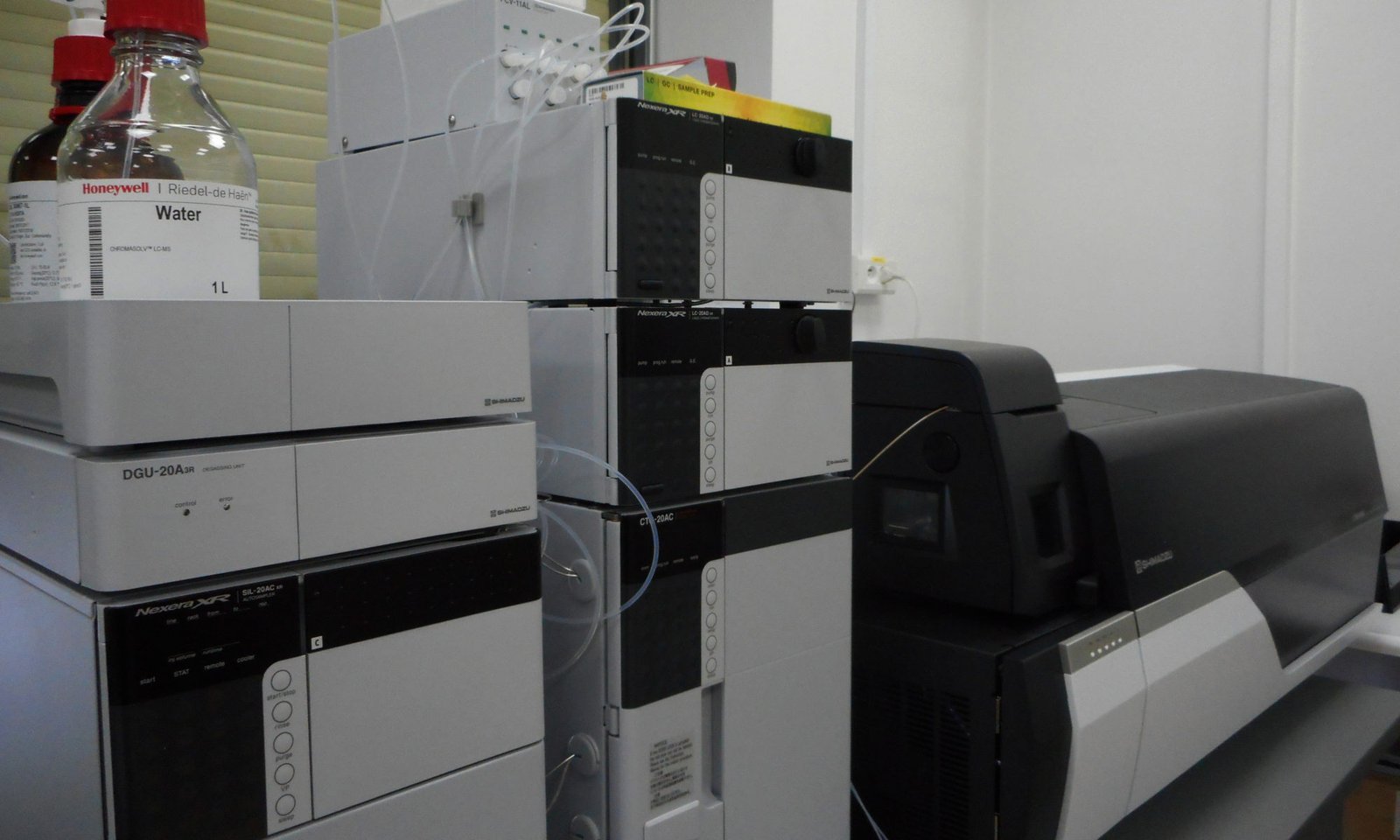Abstract
Background: Cardiovascular diseases (CVDs) are the leading cause of death worldwide. Black pepper, the fruits of Piper nigrum L., is well known as “the king of spices” and used as seasoning and condiments globally. In addition to being an important food additive, black pepper is also used as a traditional medicine to treat vomiting, abdominal pain, and diarrhea, among others. Piperine is a major pungent alkaloid identified in the fruits of P. nigrum (black pepper), whose content is at a range of ~5–13%. Black pepper and piperine have shown protective effect on CVDs.
Scope and approach: Literature search was conducted to systematically review the cardiovascular protective effect of both black pepper and its major bioactive constituent piperine.
Key findings and conclusions: Black pepper was reported to regulate lipid metabolism, inflammation, and oxidation status in CVDs. Piperine exhibited beneficial effect by targeting many processes associated with atherosclerosis. Piperine is able to prevent lipid peroxidation, oxidized low-density lipoprotein uptake in macrophages, lipid droplet formation, and adhesion of inflammatory cells to endothelial monolayer, promote cholesterol efflux from macrophages, as well as improve lipid profile. Besides, piperine may ameliorate myocardial ischemia, cardiac injury, and cardiac fibrosis, exhibit antihypertensive and antithrombosis effect, as well as prevent arterial stenosis by inhibiting vascular smooth muscle cell proliferation. The summarized information could provide the basis to develop black pepper or piperine as a food additive to prevent or treat CVDs.
Full text of the study can be accessed at the website of the publisher, can be obtained by one-click-request on ResearchGate (by hitting the “Request full text” button), or can be supplied on demand by email request to a.atanasov.mailbox@gmail.com
Cardiovascular protective effect of black pepper (Piper nigrum L.) and its major bioactive constituent piperine https://t.co/FPaH6DVSaN #INPST #Phytochemical @erlesen @HealthyFellow @MarcoAlbuja @nathantwala
More from #DHPSP, INPST, and CRBIOTECH: https://t.co/3ZKrQtRXI3 pic.twitter.com/XIYwSicZc4— INPST (@_INPST) December 26, 2020

